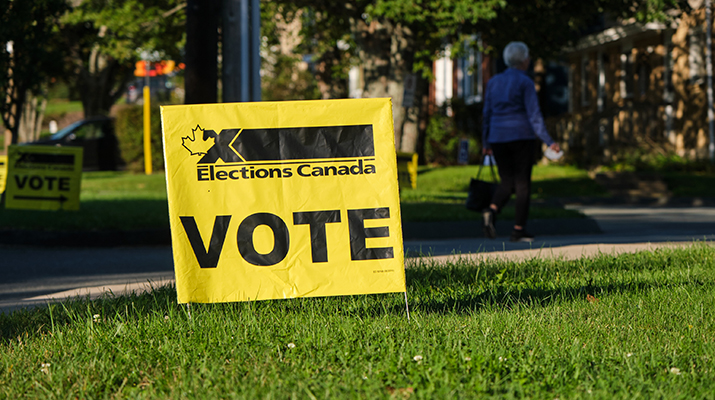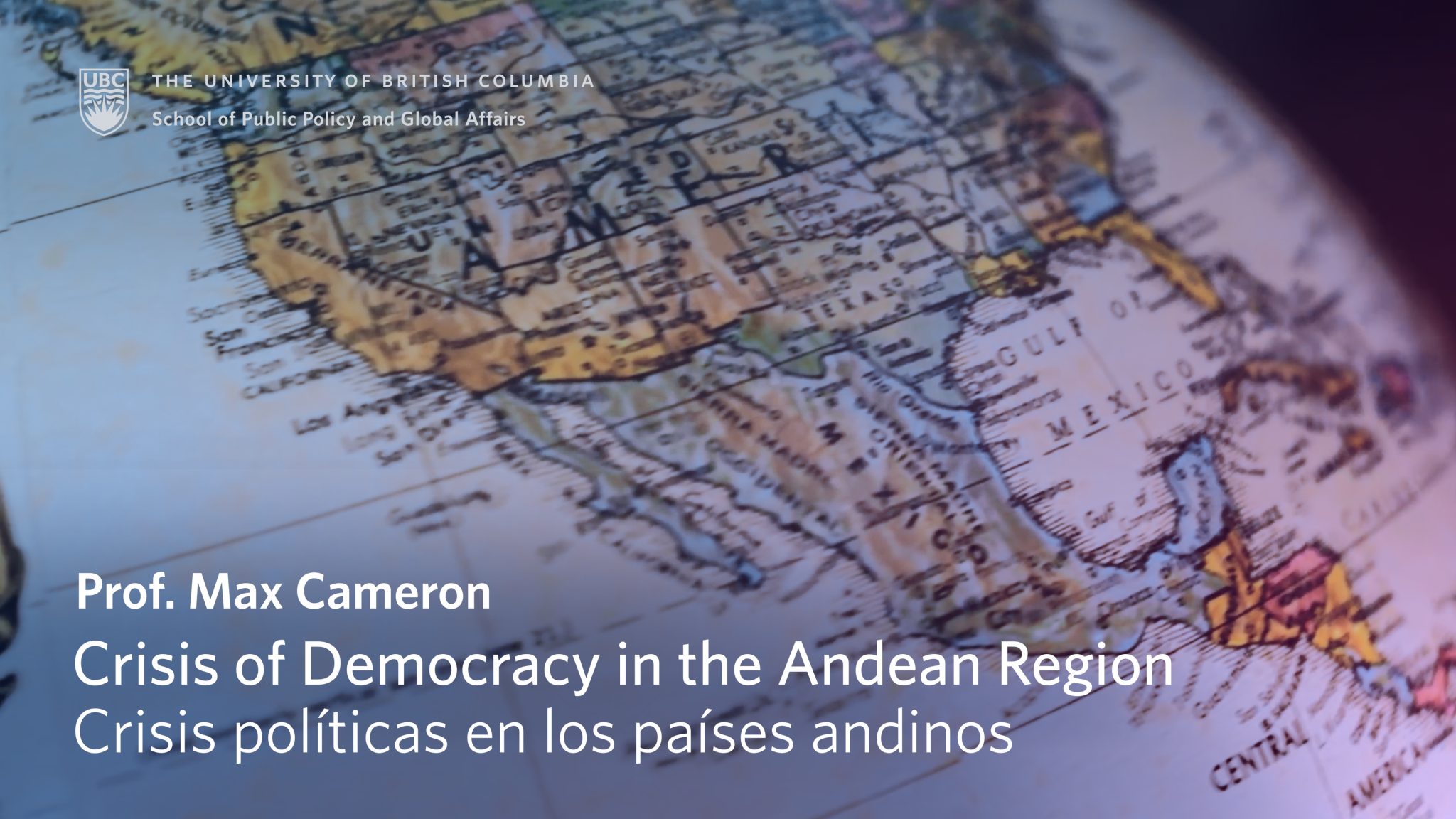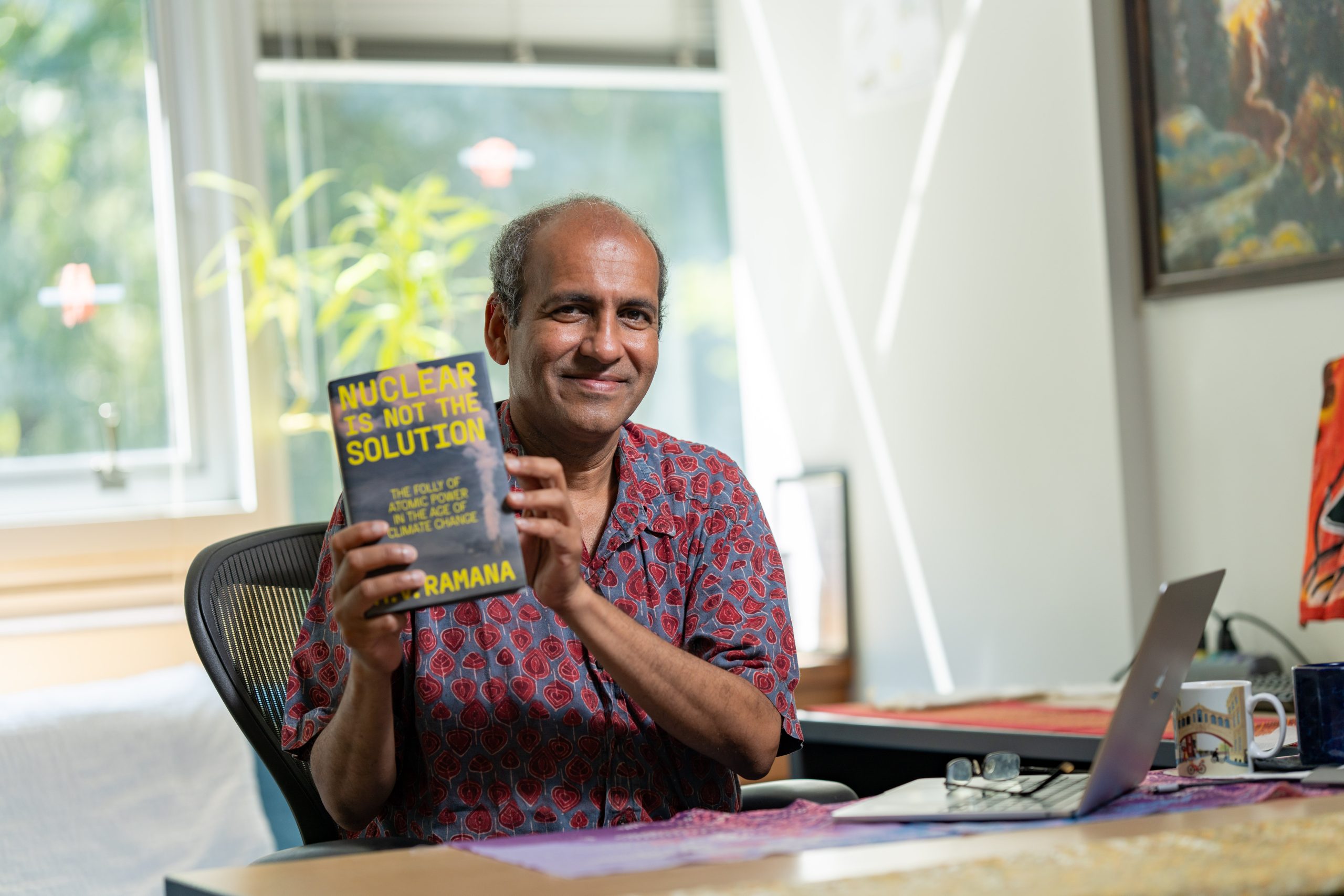
Through critical examinations, expert opinions and peer-reviewed publications, our faculty, students and scholars bridge the gap between academic rigor and real-world relevance.
SPPGA faculty and scholars provide expert commentary in topics spanning from global diplomacy to climate change, nuclear energy, and Indigenous rights with 375+ media hits annually. They also publish 140+ journal articles, books, book chapters, journals and reports.
Featured Media
Faculty, Media Engagement
Nuclear Energy and Power-Hungry AI: Faculty Expert Opinion
April 30, 2025

Faculty, Media Engagement
Canada’s Federal Election: Expert Opinion on Foreign Interference, Misinformation and Democracy
April 17, 2025

What it Means to be “American” – 2025 Phil Lind Initiative Recordings
April 17, 2025

Featured Publications
Faculty, Publications, Research & Impact
Prof. Sara Shneiderman Awarded Surya P. Subedi Prize
April 15, 2025

Announcements, Faculty, Publications, Research & Impact
Crisis of Democracy in the Andean Region: Report by Professor Max Cameron
March 24, 2025

Announcements, Publications
Shadow Negotiators: A Conversation with Matias Margulis
February 21, 2025

